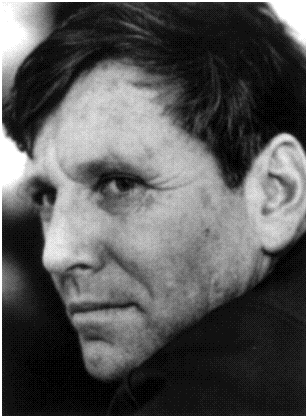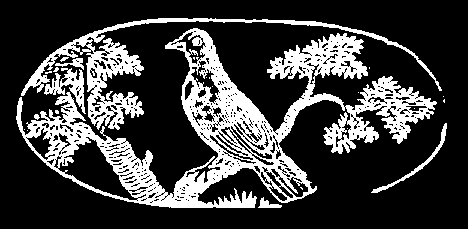Reader
Amos Oz
Nitza Ben-Dov, Editor
(Houghton Mifflin Harcourt)

- all you could want in a novelist: funny, heartbreaking, outrageous. He can sew together a plot that will knock your socks off. He knows hearts, old and young. He shares the good and the bad of love --- old love, new love --- and loves to tell. Most of all, he, or rather he and his translator, are dynamite with words.
Thus we looked forward to this volume, eighteen selections from his novels, poetry and essays, including the best known: A Perfect Peace, Under This Blazing Light, In the Land of Israel and The Same Sea. As a bonus, there is his speech from four years ago in Frankfurt am Main, where he spoke about Goethe, and "the devil," and "the tree of the knowledge of good and evil." (These writers! When was the last time we heard not a fundamentalist but a literate person discussing these two?)
- To this very day [writes Oz] certain social scientists simply do not talk about good and evil. To them, all human motives and actions derive from circumstances, which are often beyond personal control.
"Demons do not exist any more than gods do, being only the products of the psychic activity of man," wrote Sigmund Freud. Instead of individuals being at fault, it is society: "we are simply products of our respective ethnic cultures, or else puppets of our subconscious."
Besides good and evil, Oz meditates on the death of his mother, discusses the partition of Jerusalem, tells of his times in a kibbutz, "the only attempt to establish a collective society, without compulsion, without repression, and without bloodshed or brainwashing." The kibbutz was also, he asserts, "a unique attempt, for better or for worse, to reconstruct or revive the extended family,"
- that clan where brothers and nephews, grandmothers and aunts, in-laws, distant relations, relations of relations, all live together --- the loss of which may turn out to be the greatest loss in modern life.
They say that Oz is not very popular in Israel, probably because of his frank if not troubling thoughts on Arab vs. Jew: "We are here because this is the only place where we can exist as a free nation. The Arabs are here because Palestine is the homeland of the Palestinians, just as Iraq is the homeland of the Iraqis and Holland the homeland of the Dutch."
- The Arabs did not oppose Zionism because they failed to understand it but because they understood it only too well.
"As I see it, the confrontation between the Jews returning to Zion and the Arab inhabitants of the country is not like a western or an epic, but more like a Greek tragedy." The solution?
- If a compromise is reached, it will be between an inconsistent Zionist and an inconsistent Palestinian.
Oz is a brave man. Not only saying what he believes on these explosive subjects, but he is also publishing them. Too, he allows an editor (in this case Nitza Ben-Dov) to pick and choose excerpts from almost fifty years of his writing.
Except for our all time favorite The Same Sea, however, Oz's fiction doesn't seem to have the pith (nor the same vinegar) as his essays on the kibbutz, the travails of Israel, or this, the almost perfect-pitch image of the last moments of his dying mother's last day, from A Tale of Love and Darkness, "From outside we were joined at that moment by the bird, Elsie, who trilled her morning snatch of Beethoven for us three or four times with clear, limpid joy: 'Ti-da-di-da-di...'"
- The bird sang with wonderment, awe, gratitude, exaltation, as though no night had ever ended before, as if this morning was the very first morning in the universe and its light was a wondrous light the like of which had never before burst forth and traversed the wide expanse of darkness.
